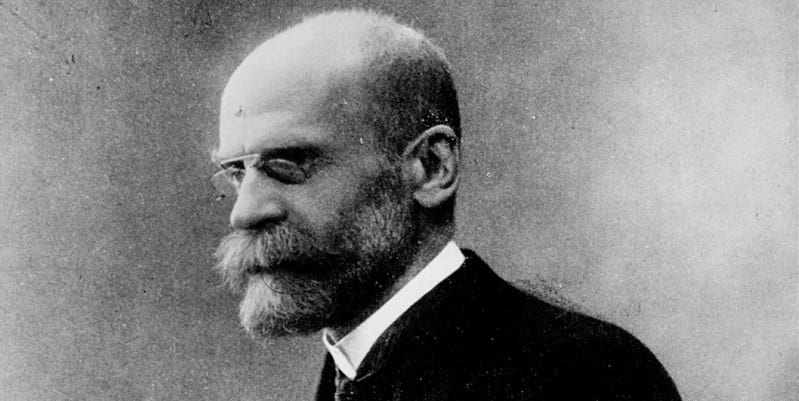
Émile Durkheim (1858–1917) was a French sociologist and philosopher, one of the founders of the French sociological school, structural-functional analysis, and sociology as an independent scientific discipline.
Durkheim developed a precise concept of the subject of sociology — he is considered a classical theorist of the sociological method, with an approach known as “social realism.”
Key principles of his sociology include:
According to Durkheim, sociology should study social reality, which possesses distinct characteristics and thus requires its own specific methods. The object of sociology is social facts—phenomena that exist outside the individual and exert a normative and coercive power over them.
The main tasks of sociology, in Durkheim’s view, are:
Durkheim’s methodology of sociological knowledge (research) was based on the demand for intellectual and scientific truth—liberated from political, religious, metaphysical, and other superstitions that obstruct the pursuit of truth and often cause great harm in practice.
Sociology, as he conceived it, is a strictly objective science, free from all forms of ideological bias and speculation.